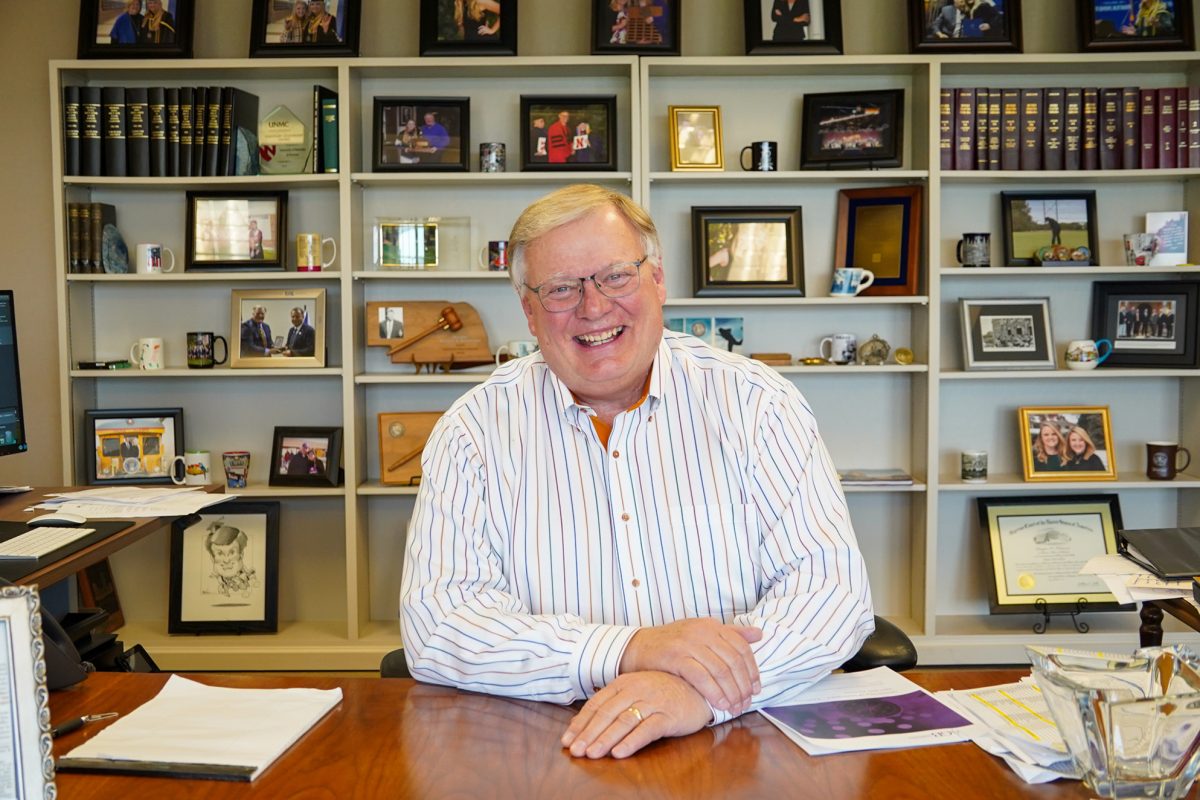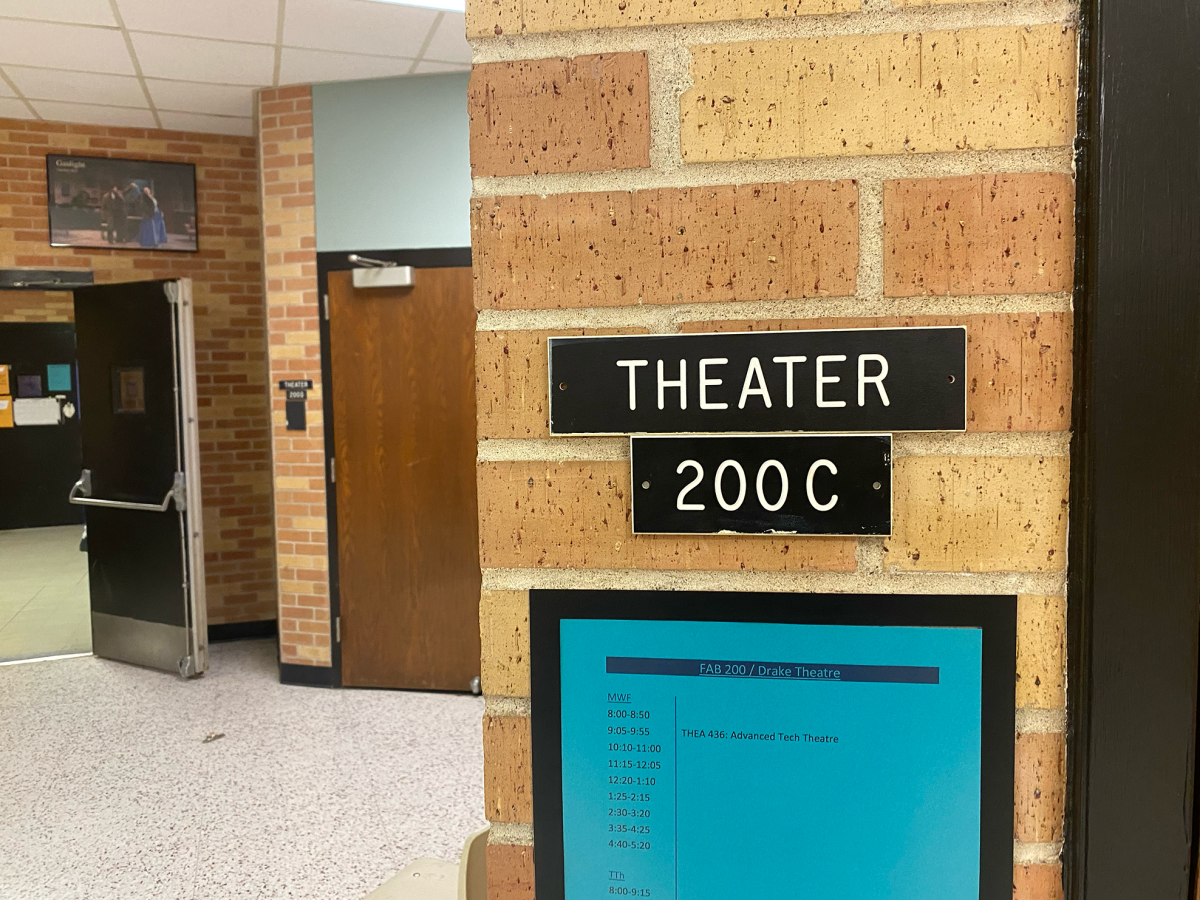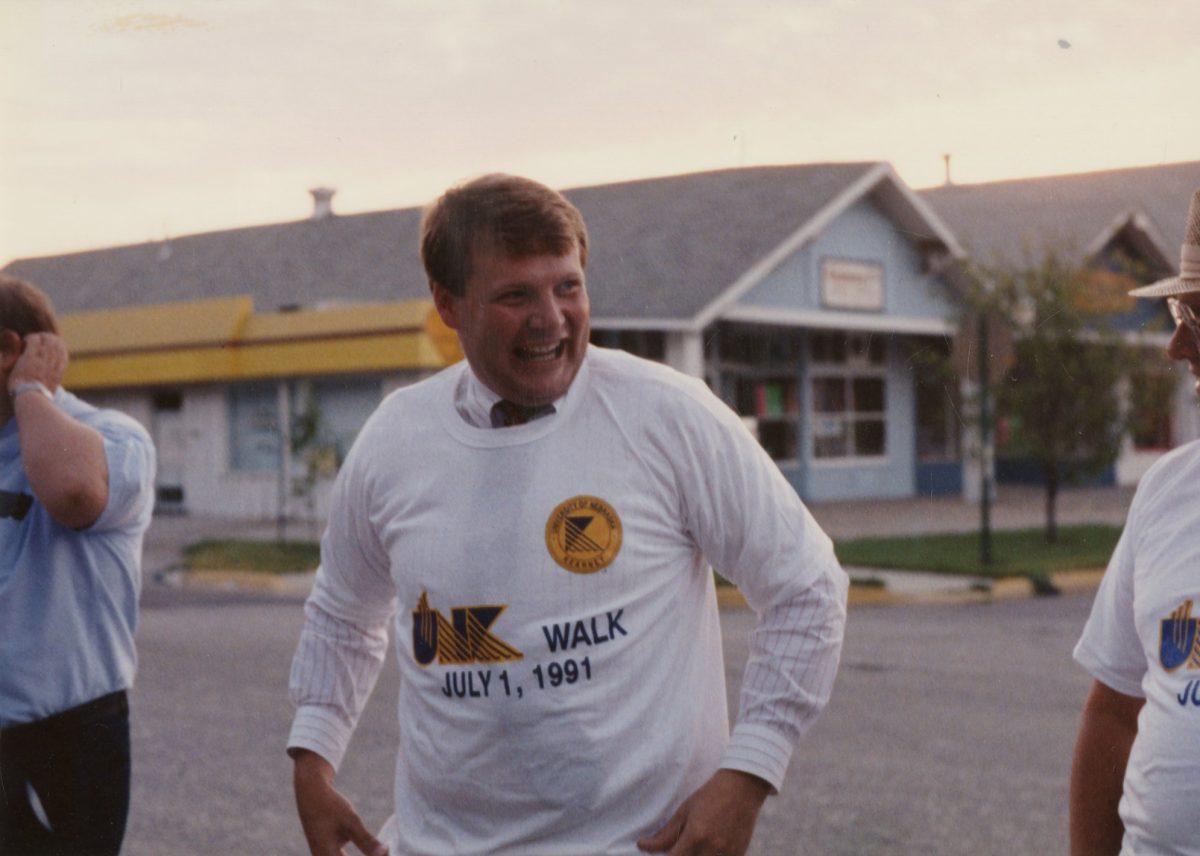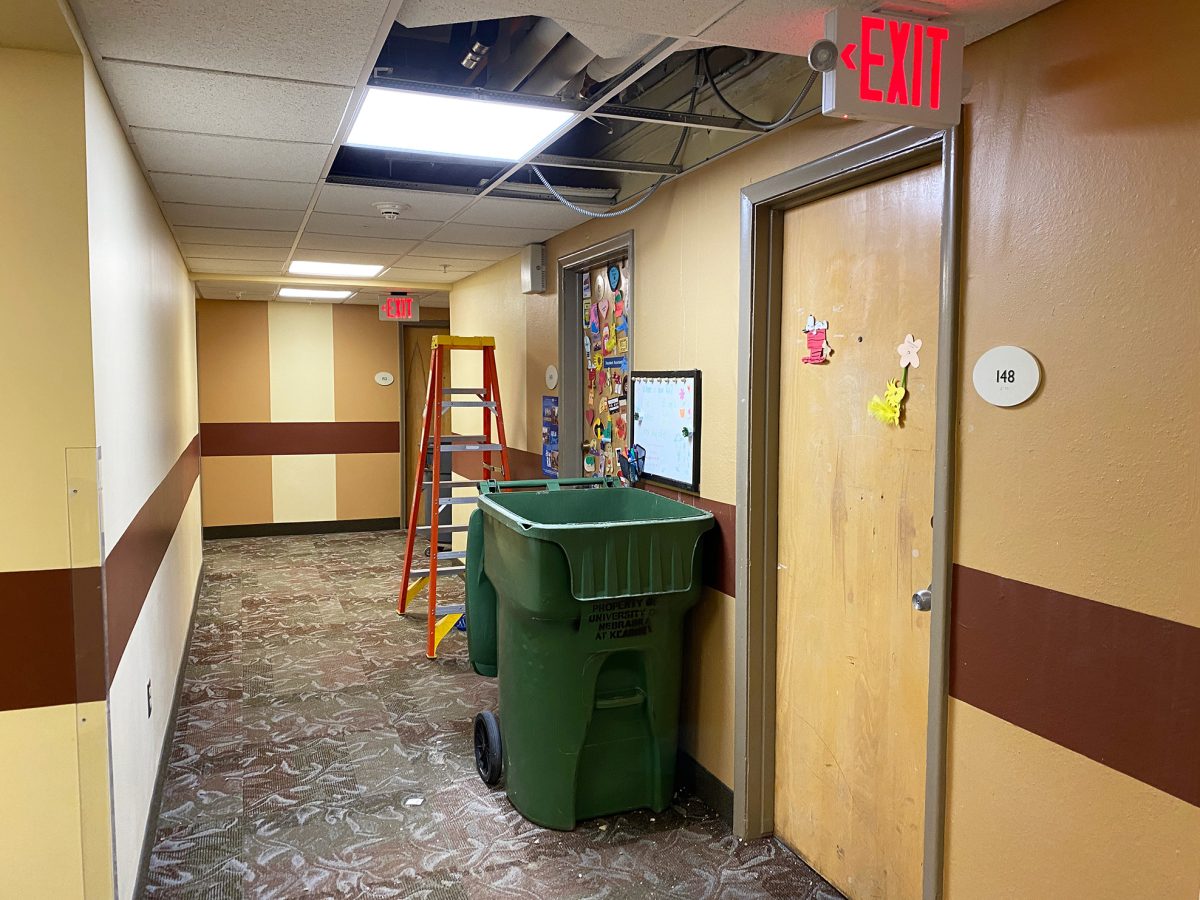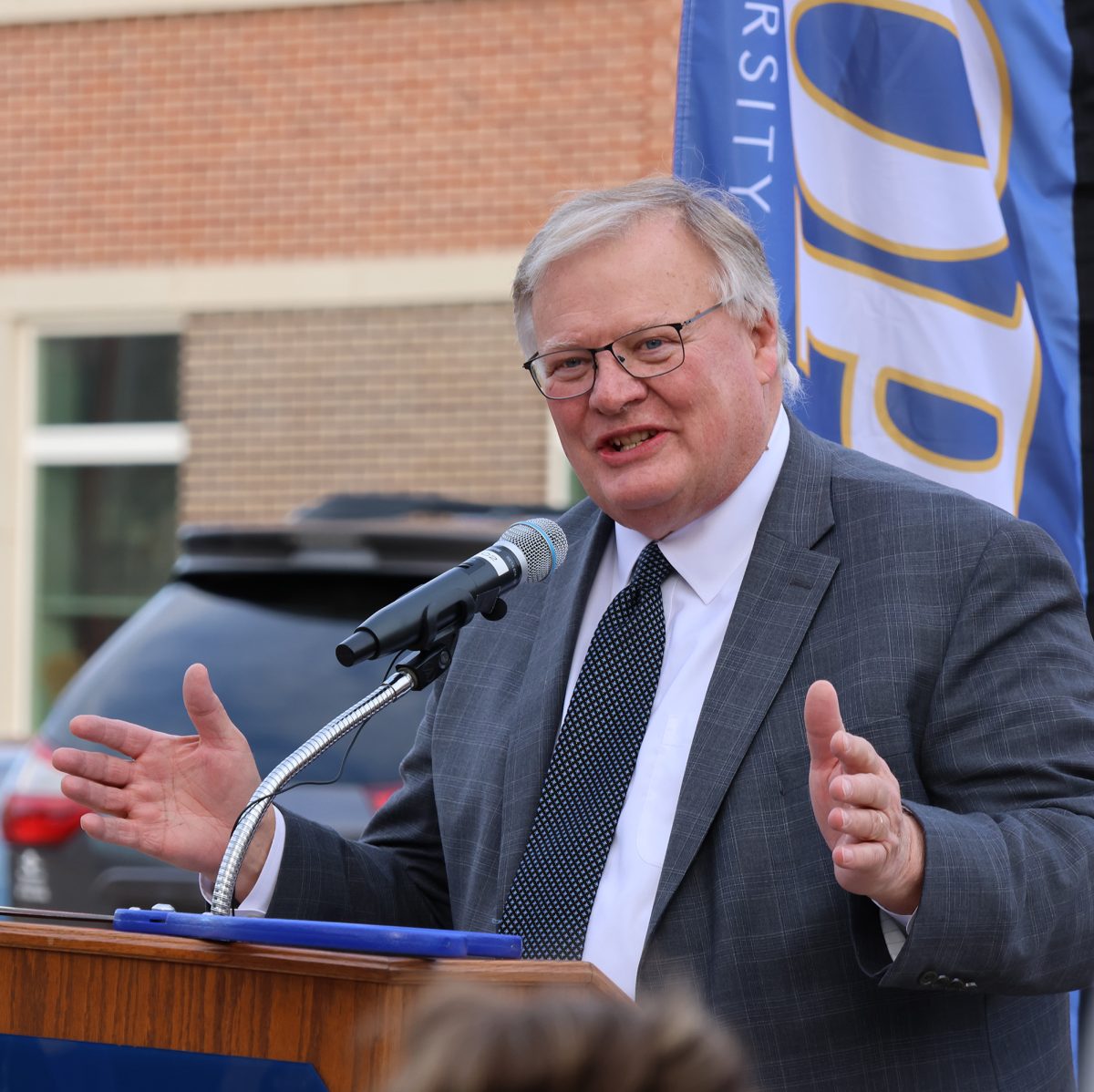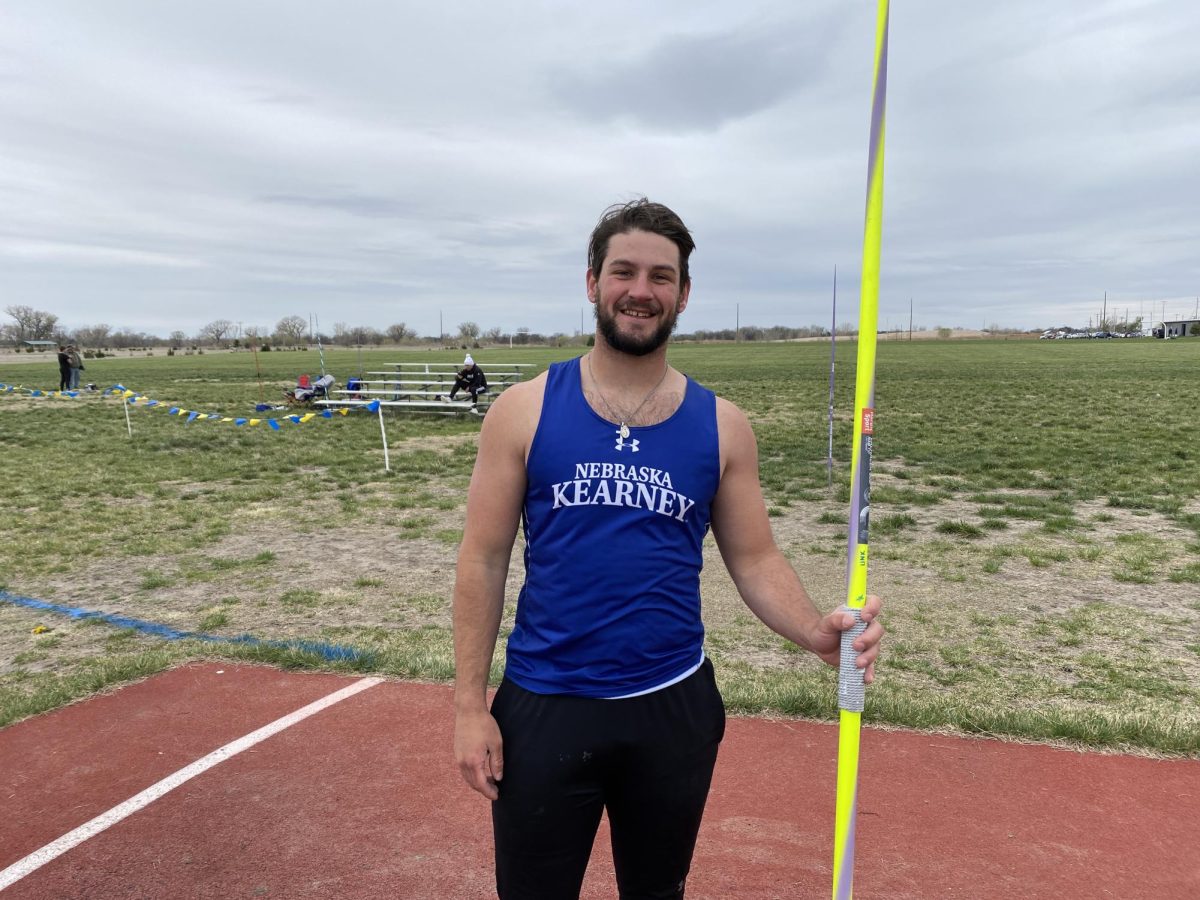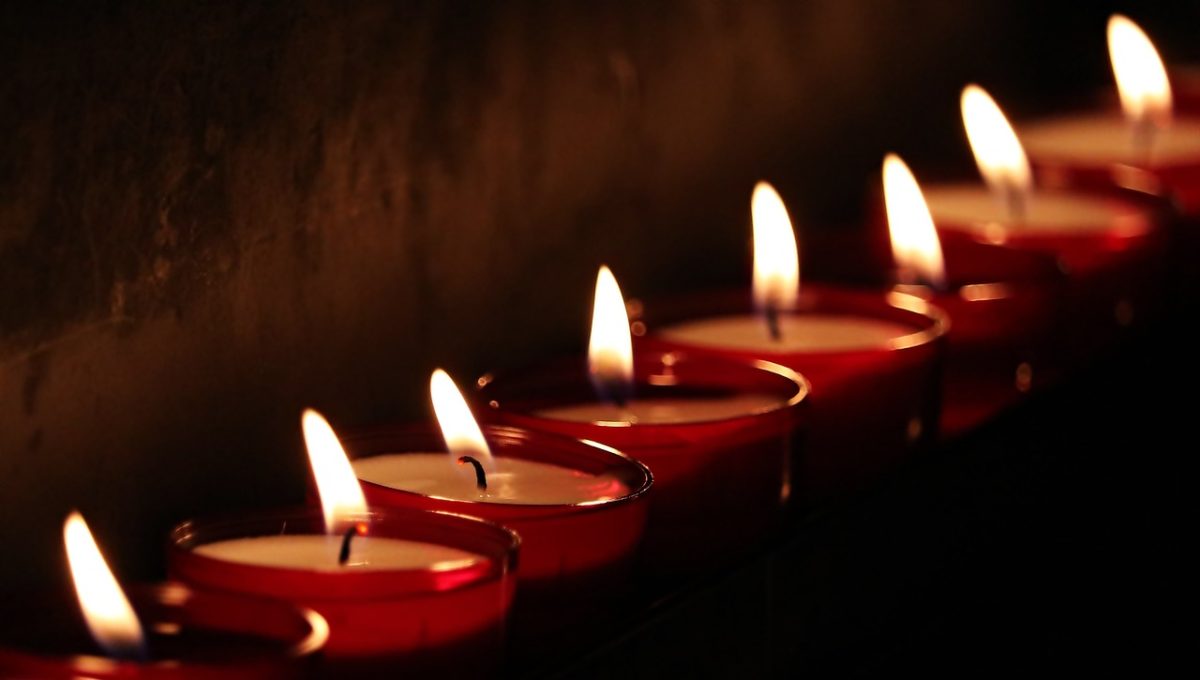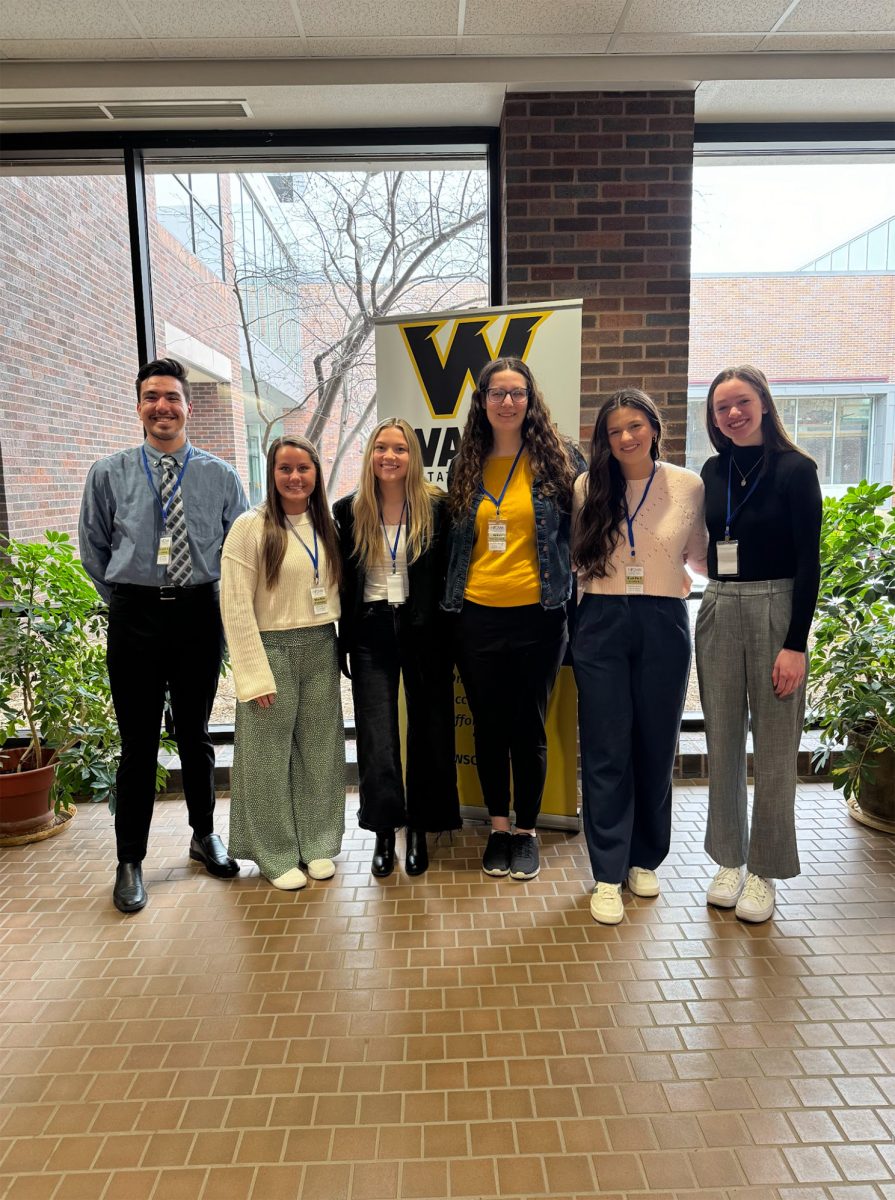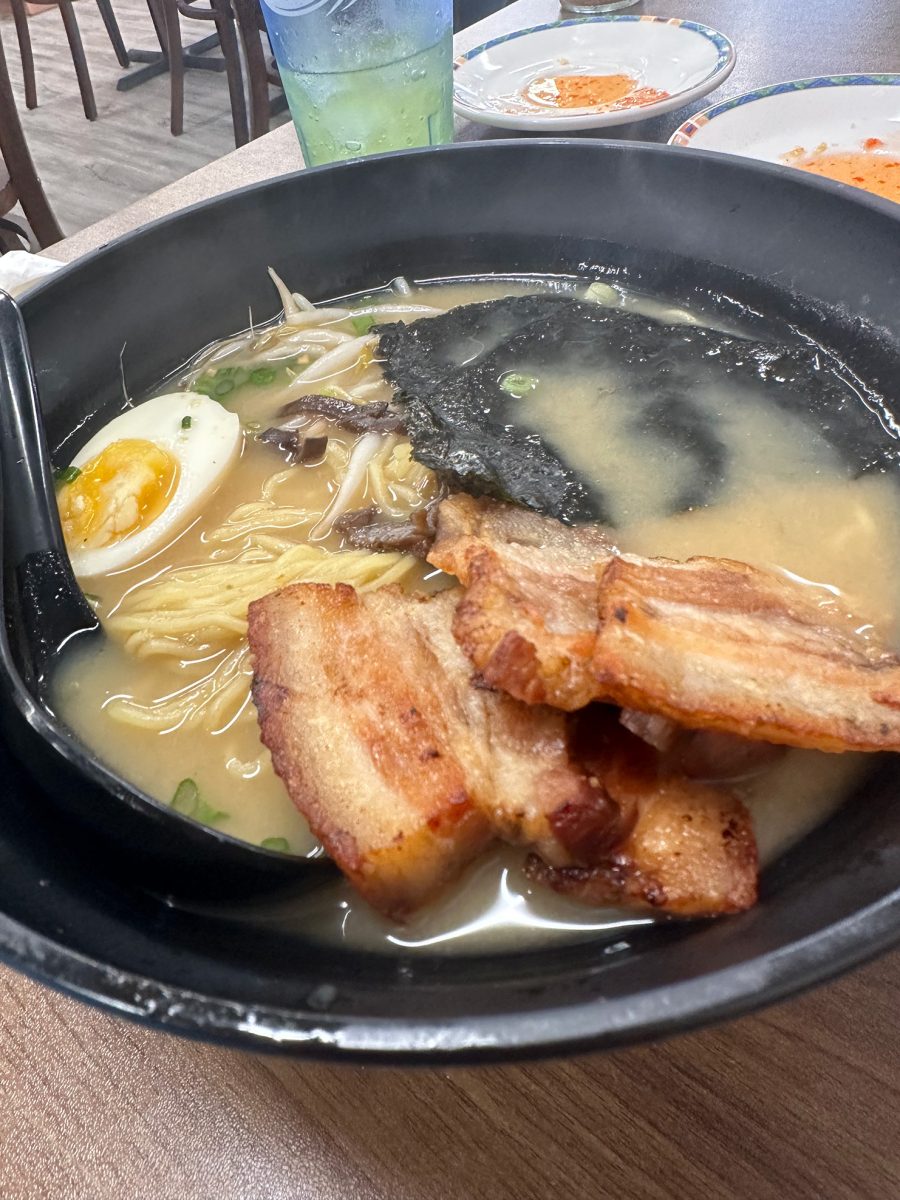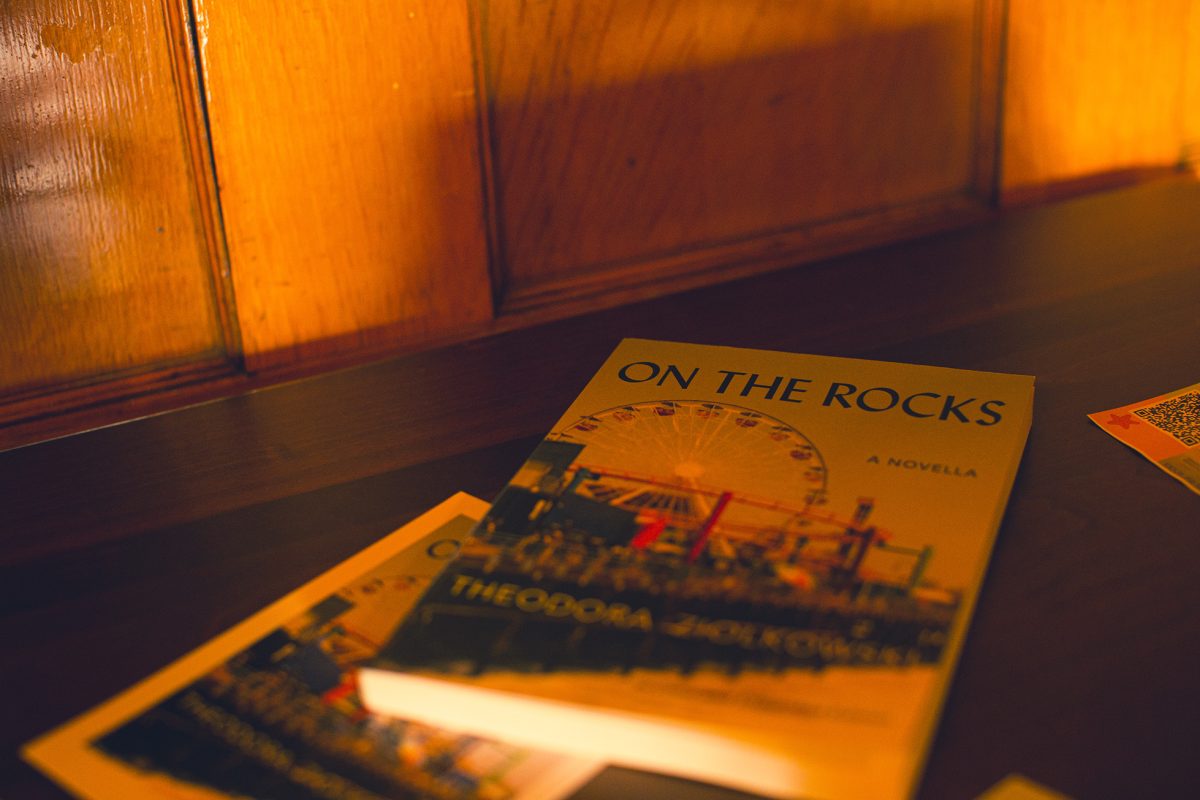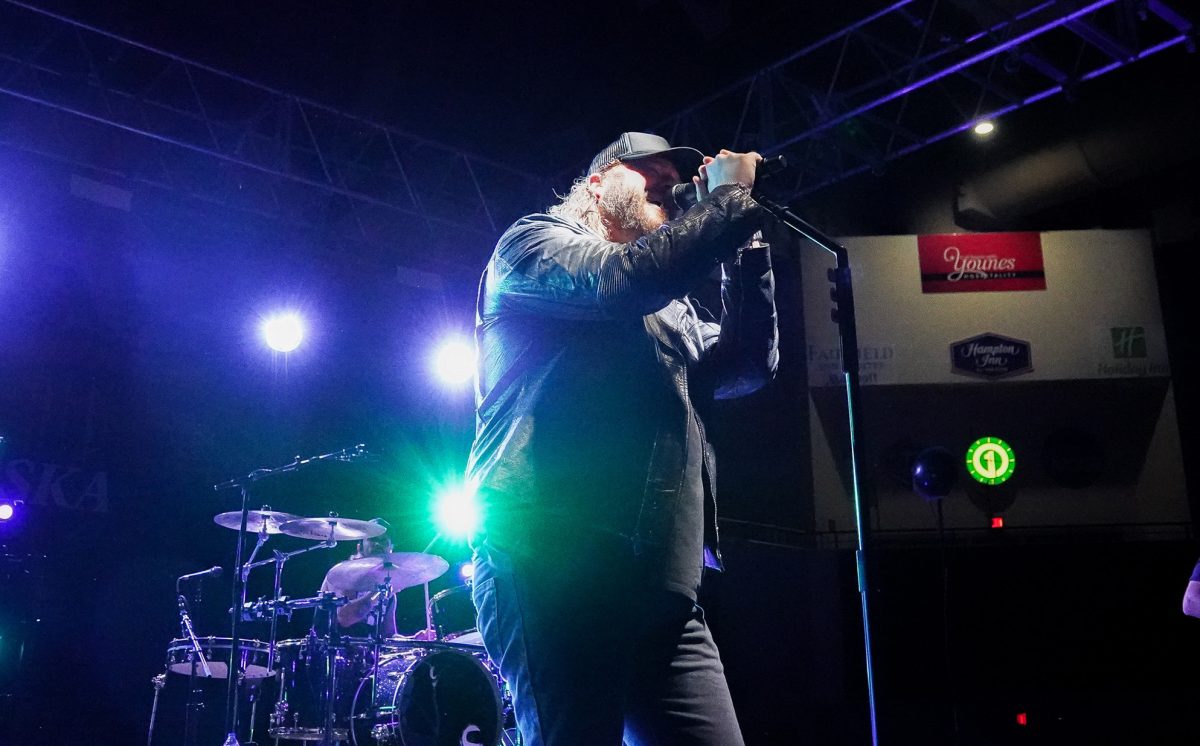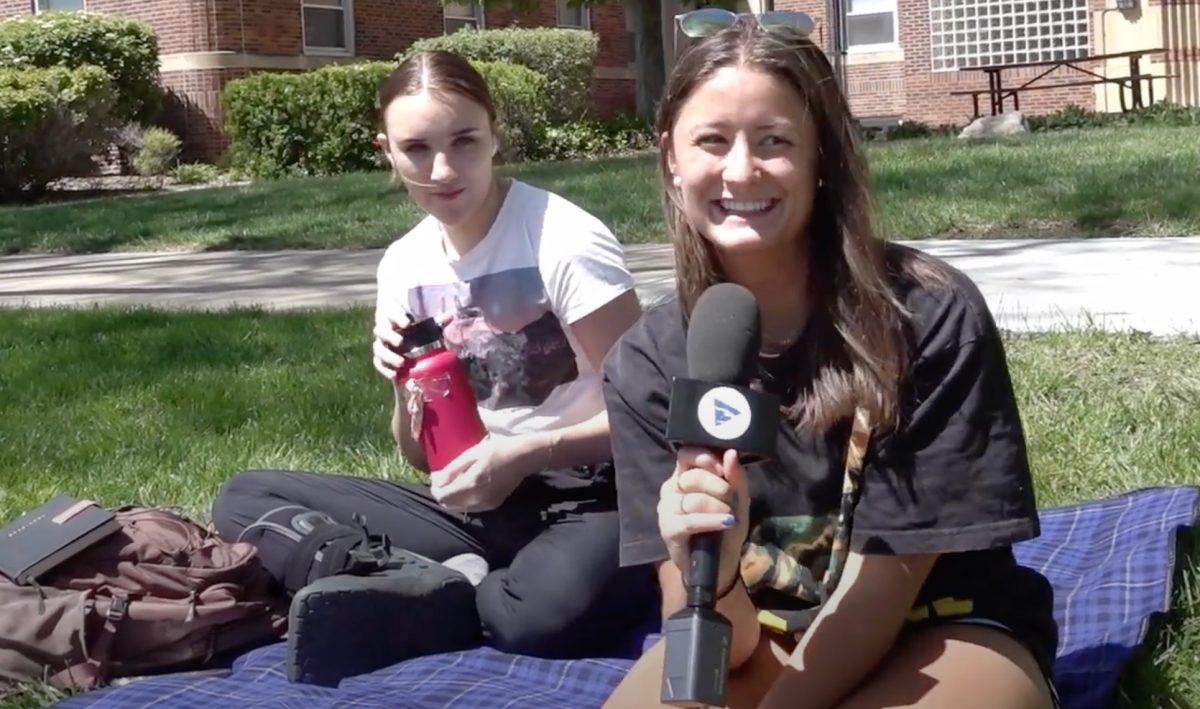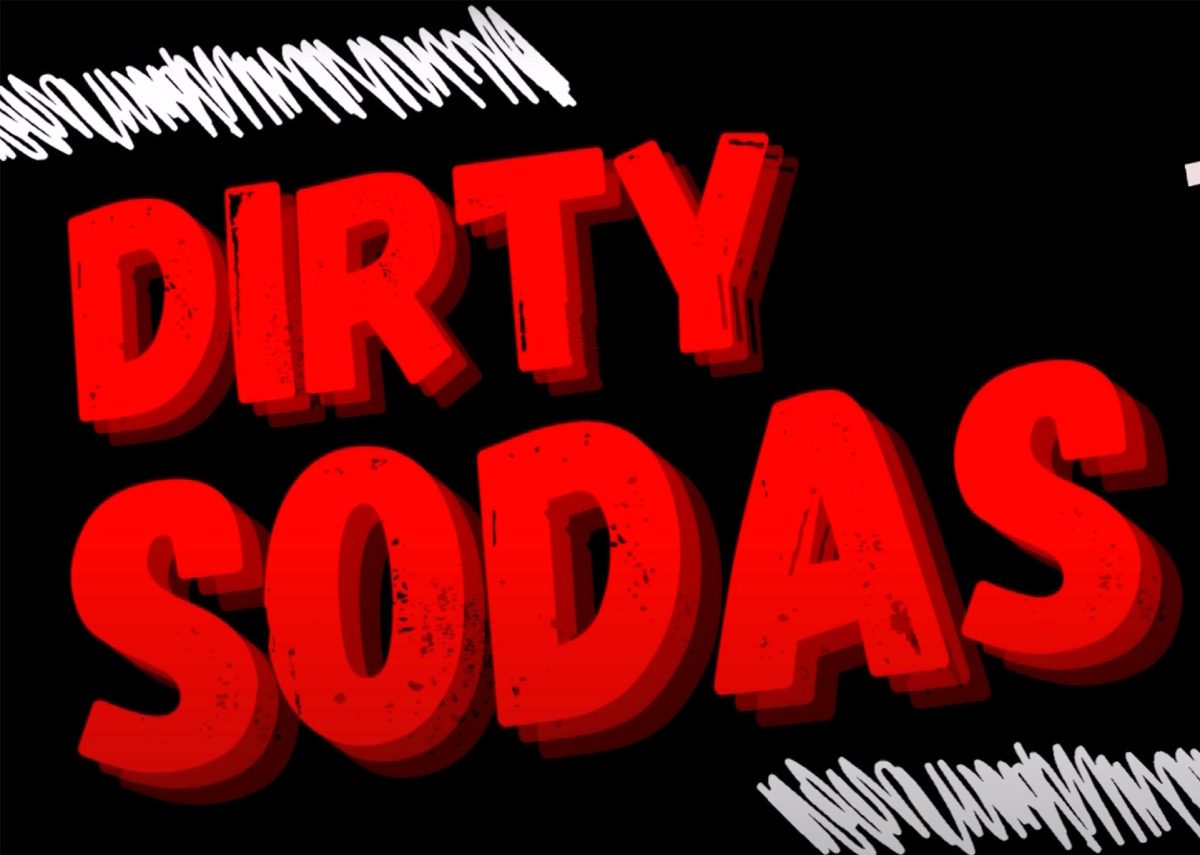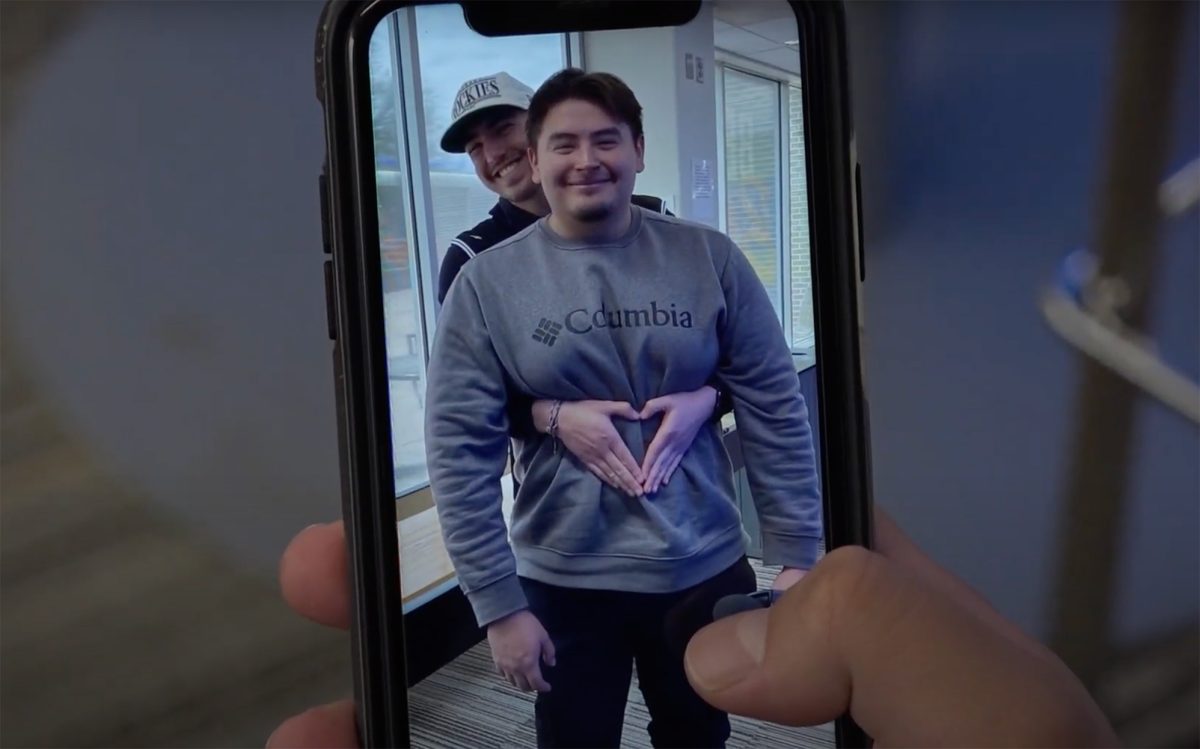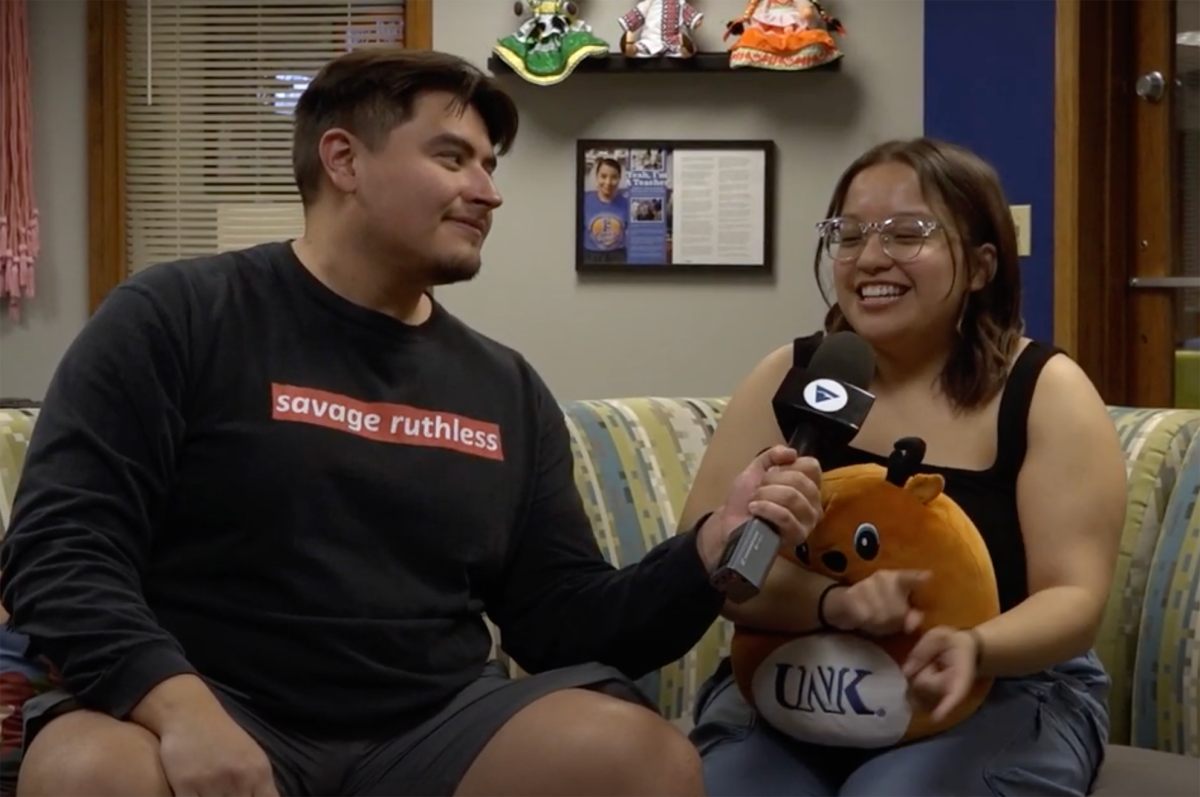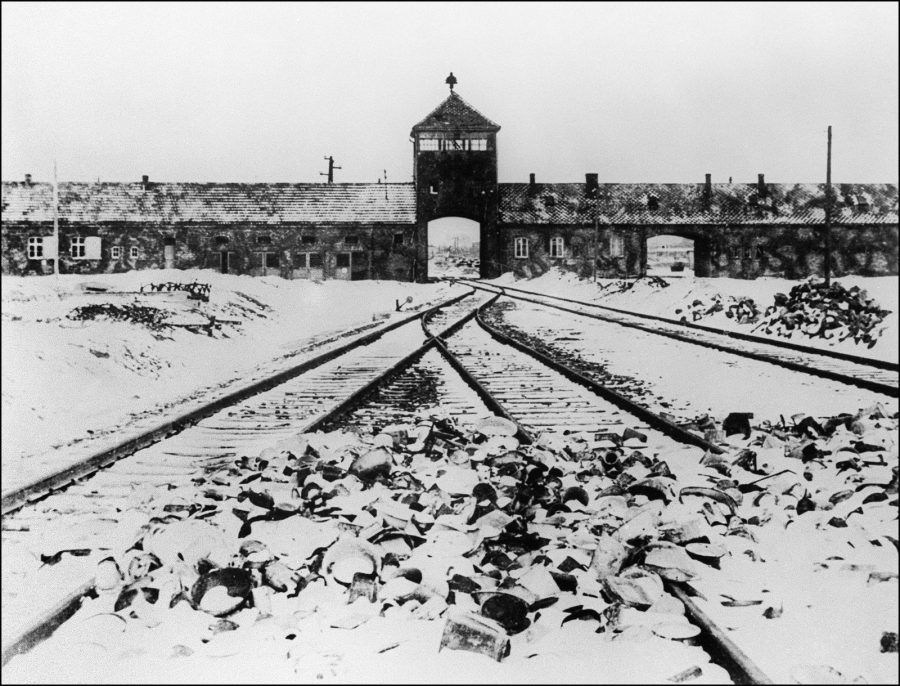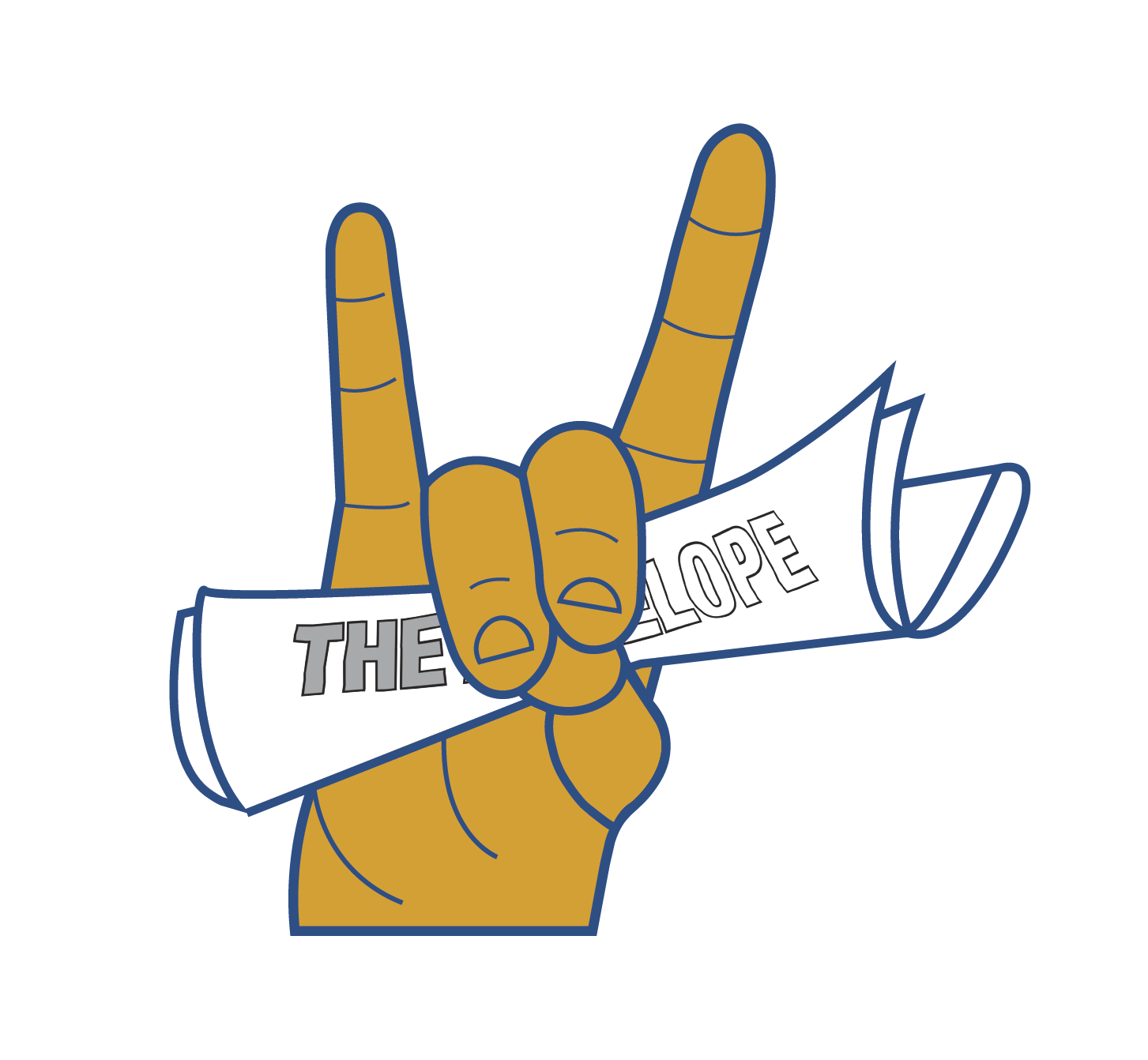BRAYDON CONELL
conellbt@lopers.unk.edu
Last week marked 75 years since Auschwitz, a Nazi concentration camp that was liberated by the Red Army. The Holocaust left a stain on human history as millions of people were marched to their deaths by their neighbors.
Beginning in 1939 and lasting until 1945, World War II became the world’s deadliest conflict that forever redrew the maps of Europe.
“Germans took nationalism to the extreme,” said Dr. Torsten Homberger. “It was a myth that the German people said they didn’t know.”
Dr. Homberger is a history professor at UNK. Growing up in Soviet-occupied East Germany Homberger gives a unique perspective on Eastern Europe and Germany that no one else on campus can.
In commemoration of the anniversary of the Auschwitz liberation, German President Frank-Walter Steinmeier was invited to speak at Yad Vashem, a memorial center in Jerusalem Jan. 23.
“[Steinmeier] was allowed to speak at Yad Vashem, which was very, very important. They have not let any German in there yet,” said Homberger. “And of course, he didn’t speak German either. He started in Hebrew and he finished his speech in English, out of respect as there were some survivors there.”
But, apologizing for the actions of the past was not the only purpose of Steinmeier’s speech.
Left-wing Europeans disagreeing with Israel’s imperialism is opening calls for Anti-Semitism.
“Anti-semitism is flairing up, not only here in the United States but also in Europe which has a lot to do with the fact that some Europeans are looking at the state of Isreal and are saying these guys are imperialist,” Homberger said.
This is why the world must remember the past.
“It is very easy to fall into the same patterns.”
Two schools of thought prevail over how the Holocaust came to be. The first is that this is what Hitler always wanted and the second involves the structure the Nazi party implemented prior to the war that allowed this to happen.
“A crisis can happen again, not only in Germany but it can happen anywhere. If you have a crisis situation and you vote for people that are radicals the same thing can happen again,” Homberger said.
Another aspect of the Holocaust that is important to remember is that it did not just affect Europe’s Jewish population.
“The first concentration camps in Germany were not made for Jews. The first camps were made for Germans who did not want to live with Hitler: social democrats, communists, confessing Christians, anyone who didn’t fit the mold of a blonde haired, blue-eyed Nordic German,” Homberger said.
There also exists a myth that the German people did not know what was happening in these camps. Democracy had been destroyed. Germans bought into the Nazi regime and did not stop it.
“When the war was over, all Germans had some kind of blame,” Homberger said. “However, it is a myth to say that we had no idea. When 1969 rolls around, when the Hippie movement hits Germany, you had lots of young people that asked their parents ‘What did you do during the war?’ and some nasty things came out.”
The government under the Nazi regime took away people’s rights, marked them as less than human, and then moved them to other regions. This can be eerily similar to other situations throughout history.
The ignorance to admit what was happening in combination with the destruction of democracy served as the key for Hitler. Not remembering this will have disastrous implications for the future.
One way that the world remembers the atrocities the Nazis committed is through the concentration camps.
“We can talk about what it was like to live in one of those camps, but if you see it, if you see the remnants of the gas chambers, it’s different,” Homberger said. “When I lived in East Germany, everyone who wanted to become a teacher was sent to Auschwitz. Every single East German teacher saw the mountain of shoes, for instance, and the eyeglasses that were taken from the prisoners there. It is a very important place to come and remember and not forget.”

